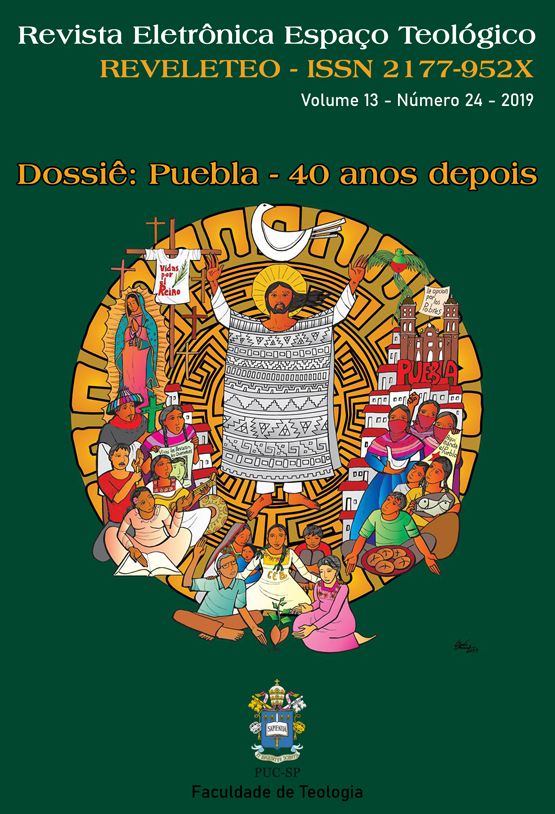LUTERO E O SACERDÓCIO UNIVERSAL DO CRENTE
DOI :
https://doi.org/10.23925/2177-952X.2019v13i24p81-99Mots-clés :
Lutero, Idade Média, História, Igreja, CleroRésumé
Este estudo retrata a evolução do pensamento de Lutero que o levou a conceber o conceito do sacerdócio universal do crente, interpretado pela Igreja Católica Apostólica Romana como uma afronta à hierarquia clerical já estabelecida e consolidada, já que se opunha à autoridade papal e menosprezava a hierarquia e o sacerdócio ministerial. Nesse artigo, abordo o contexto histórico e social da Europa e da Alemanha de Lutero, bem como da Igreja Católica de então. Pretendo mostrar que o pensamento de Lutero não veio apenas de um descontentamento com um comportamento que ele atribuiu, exageradamente, a todo o clero e ao próprio Papa, mas a uma situação mais complexa, que envolvia aspectos sociais e econômicos que já estavam mudando toda a estrutura social da Europa e, principalmente, da Alemanha há séculos. Aspectos teológicos bem fundamentados acerca do purgatório e das indulgências, divulgados e utilizados com finalidade econômica por alguns membros do clero e da nobreza, fizeram com que Lutero se sentisse compelido a desenvolver uma teologia que contrastasse com a aceita pela Igreja. O artigo procura buscar as raízes do pensamento de Lutero que o fizeram questionar a hierarquia eclesiástica.





